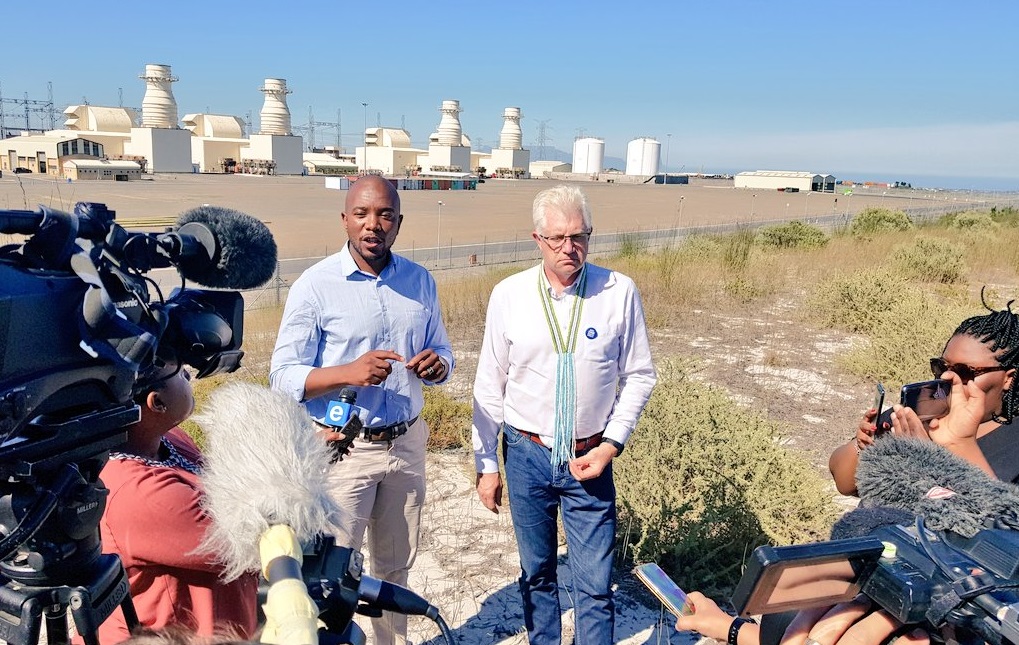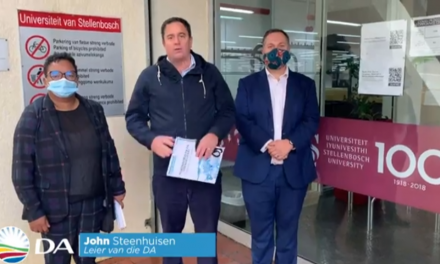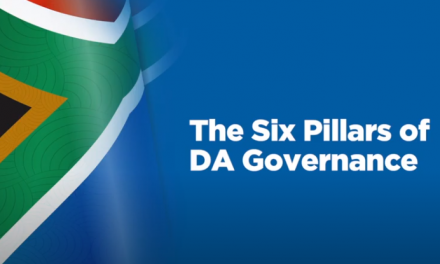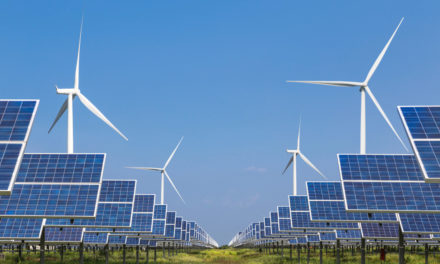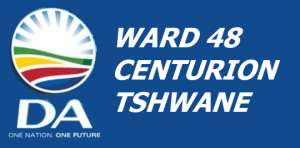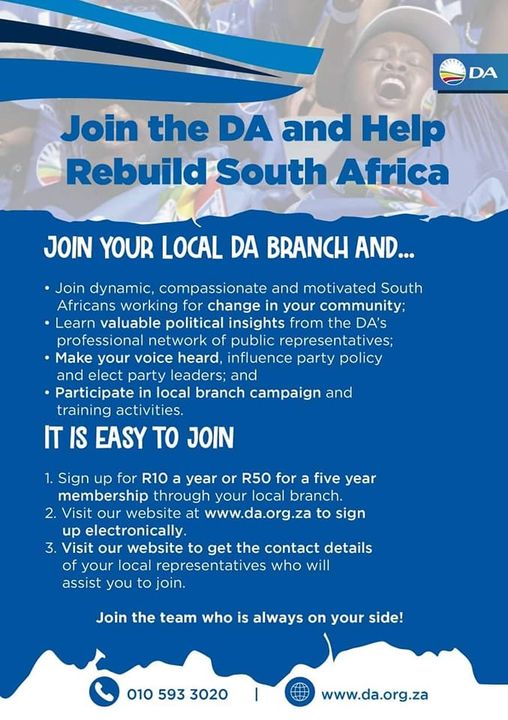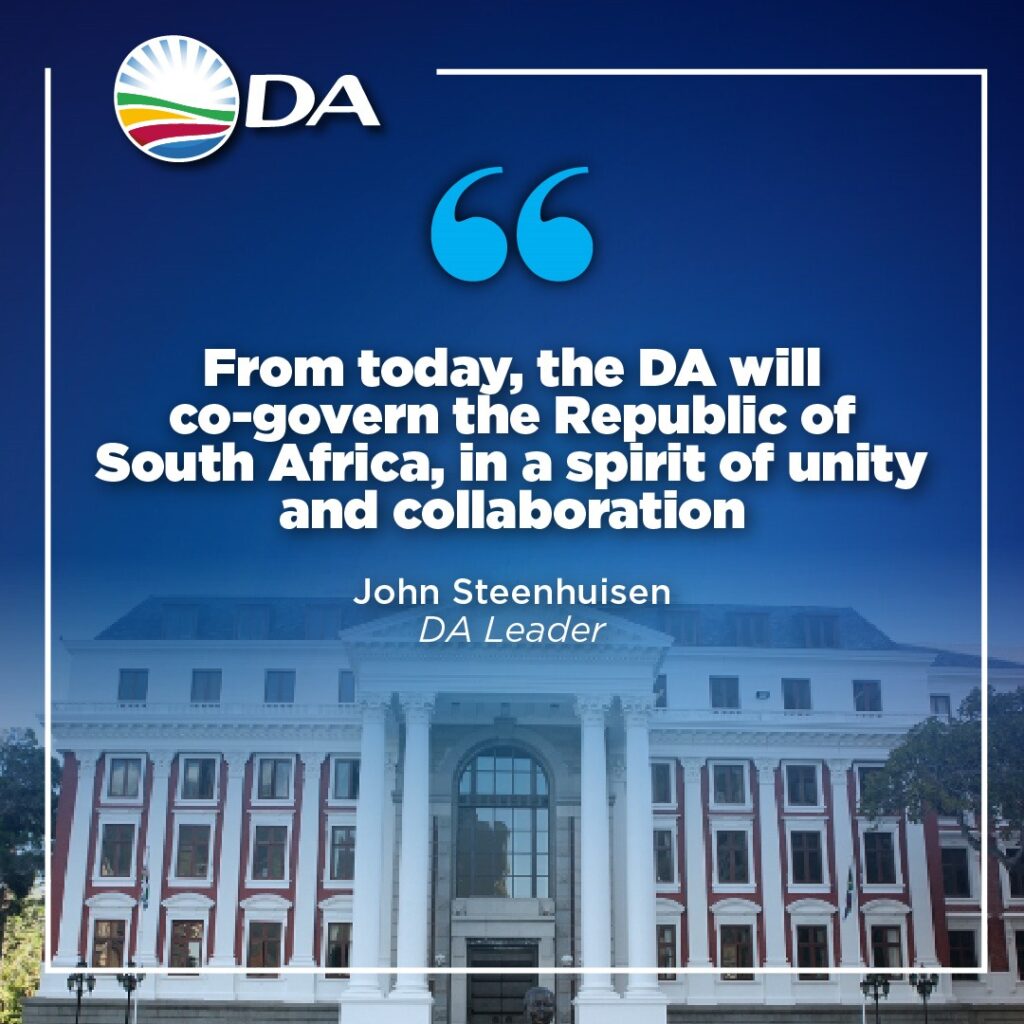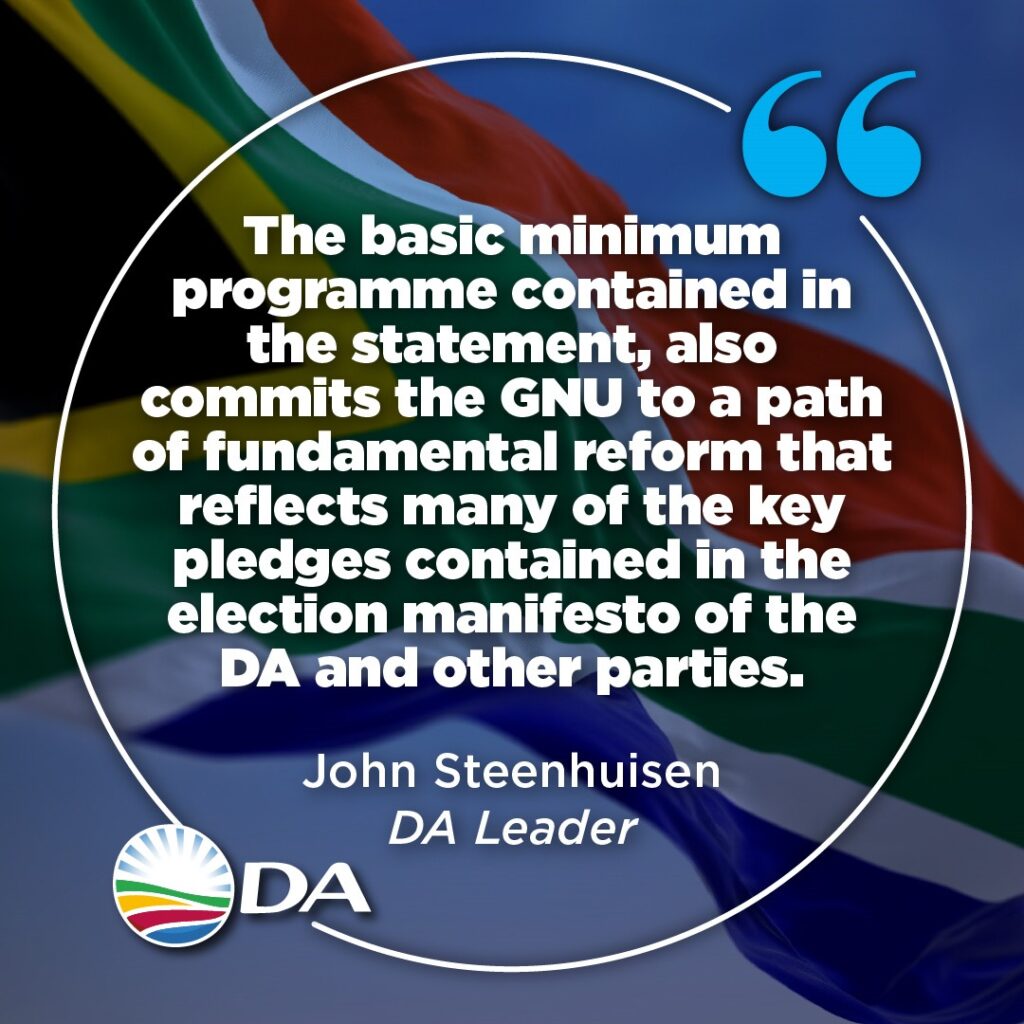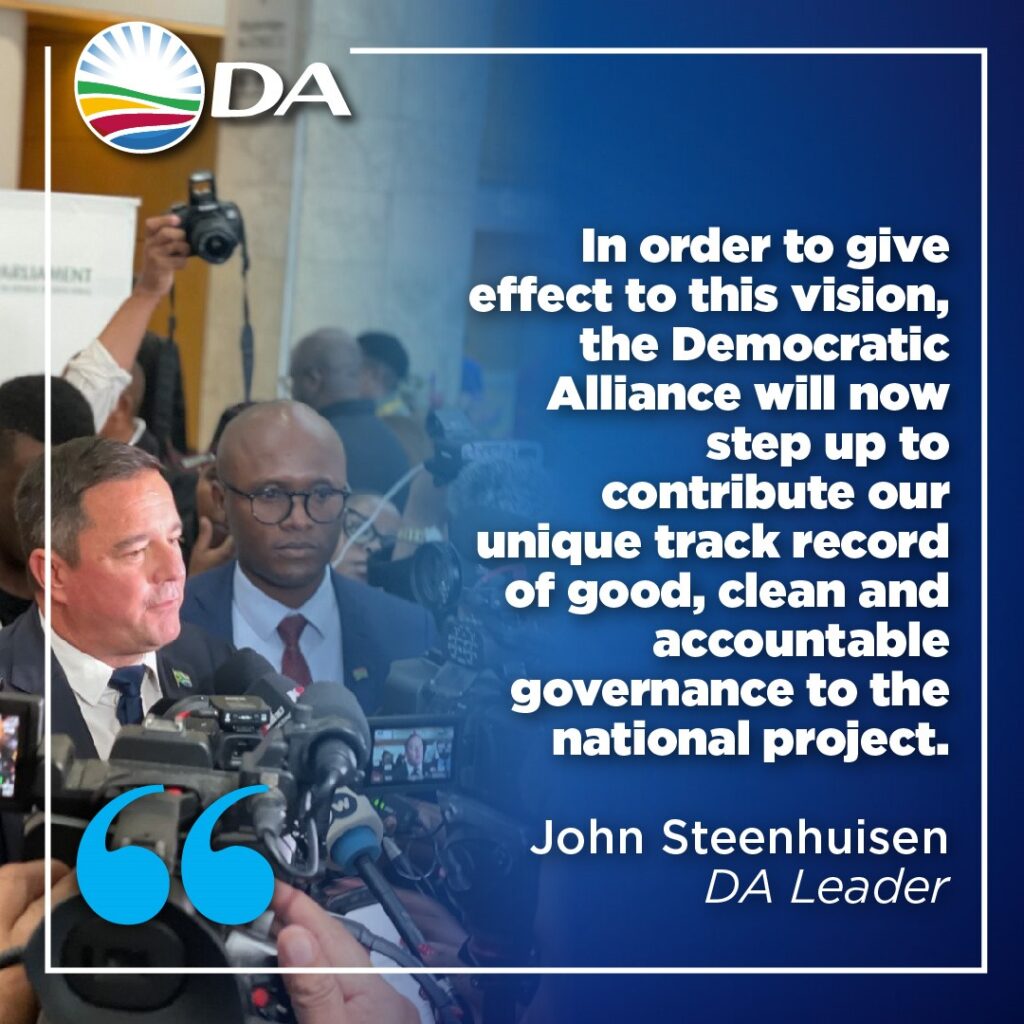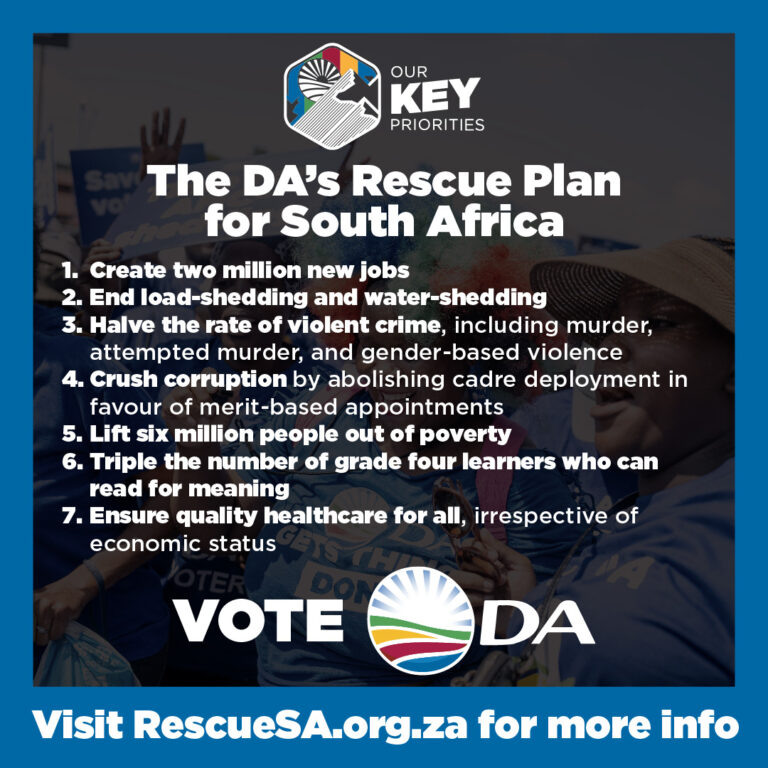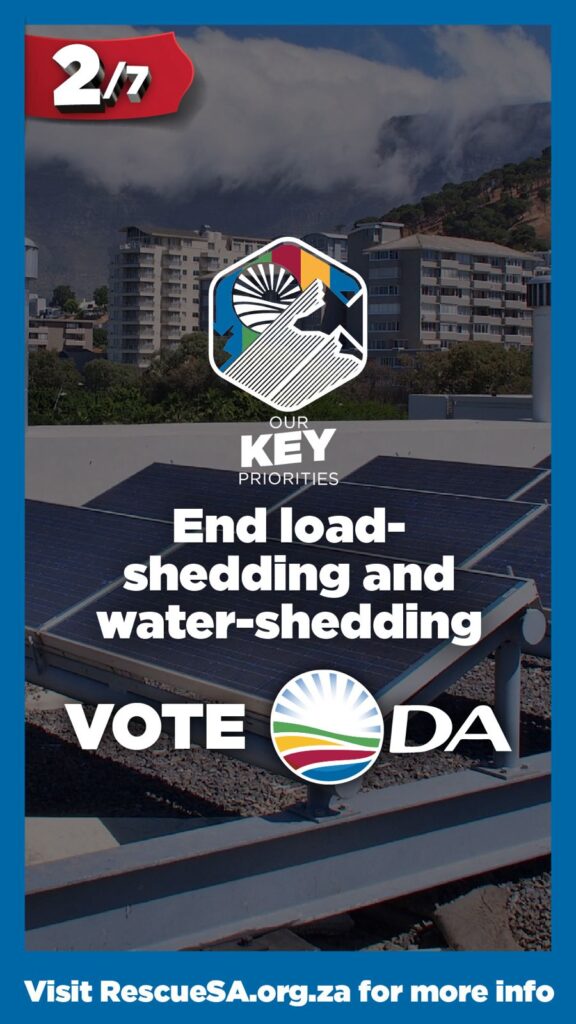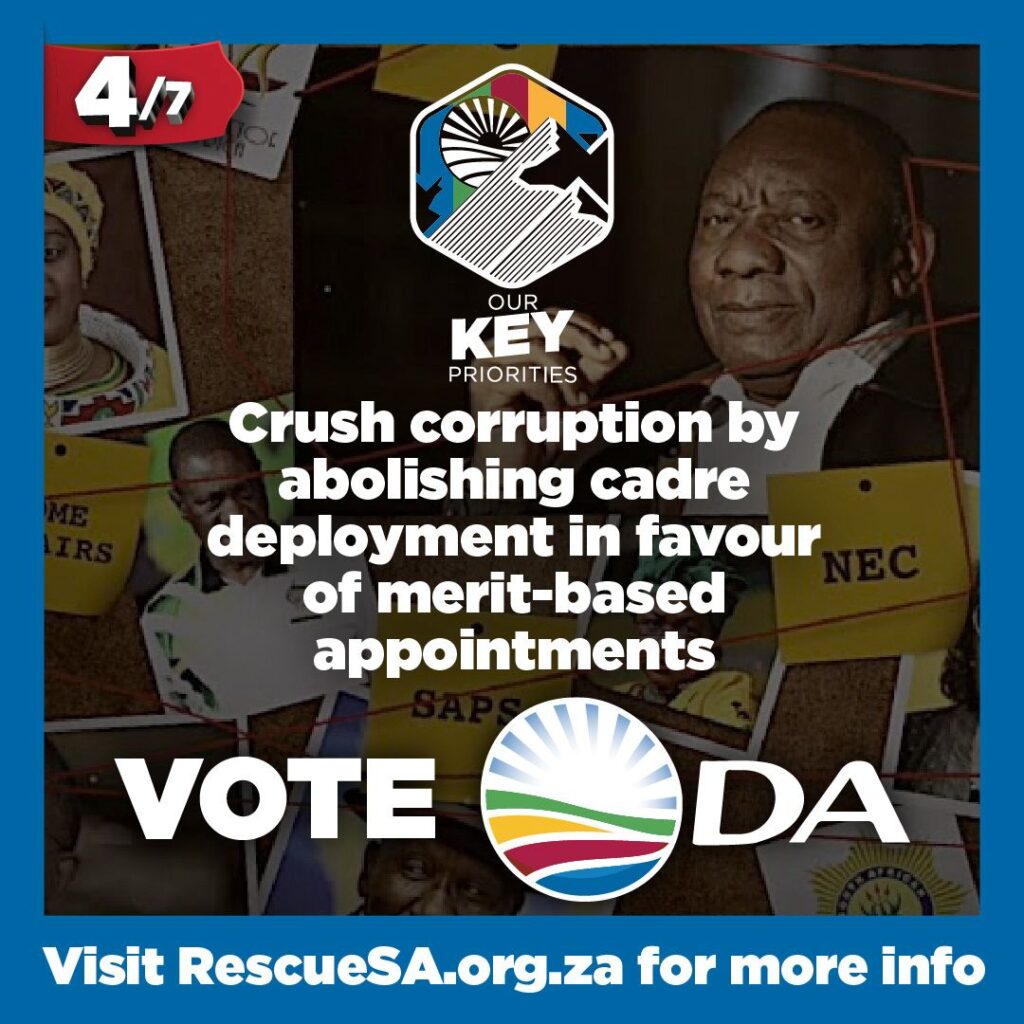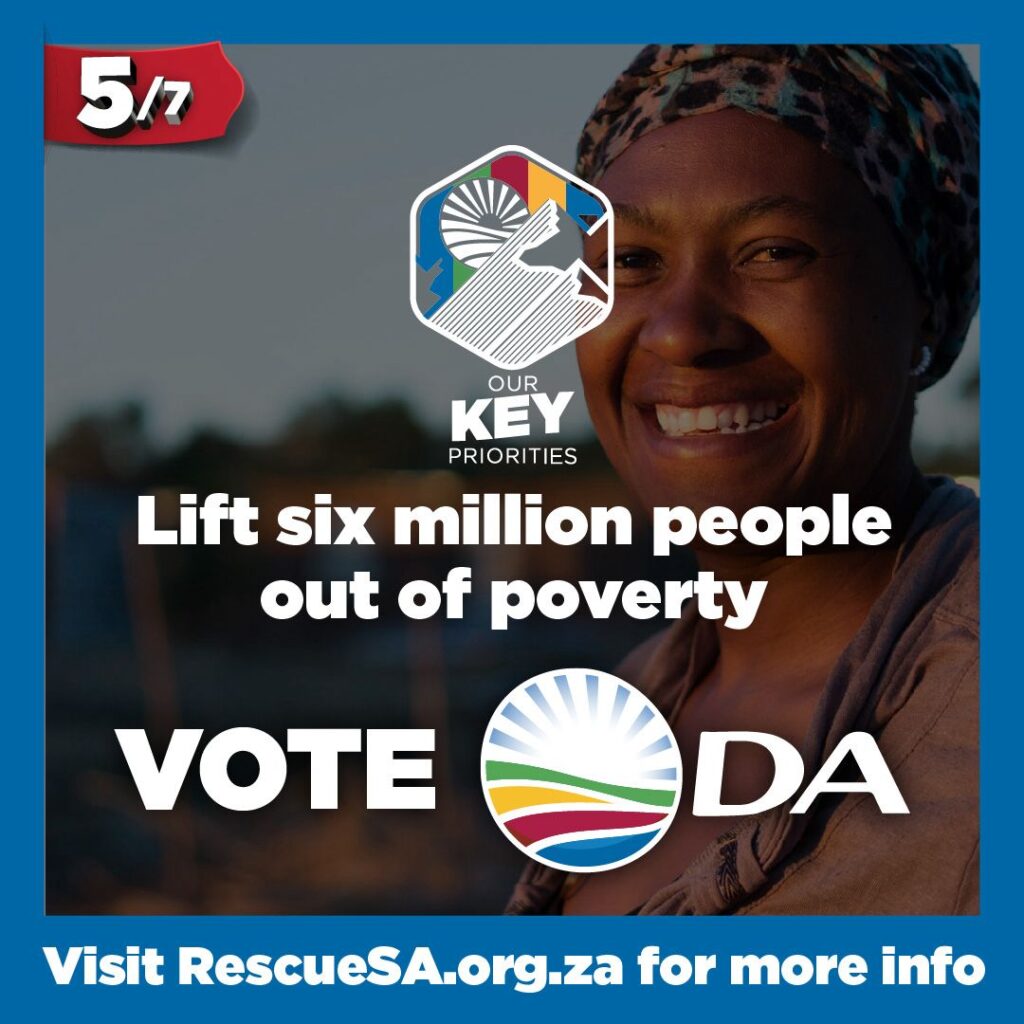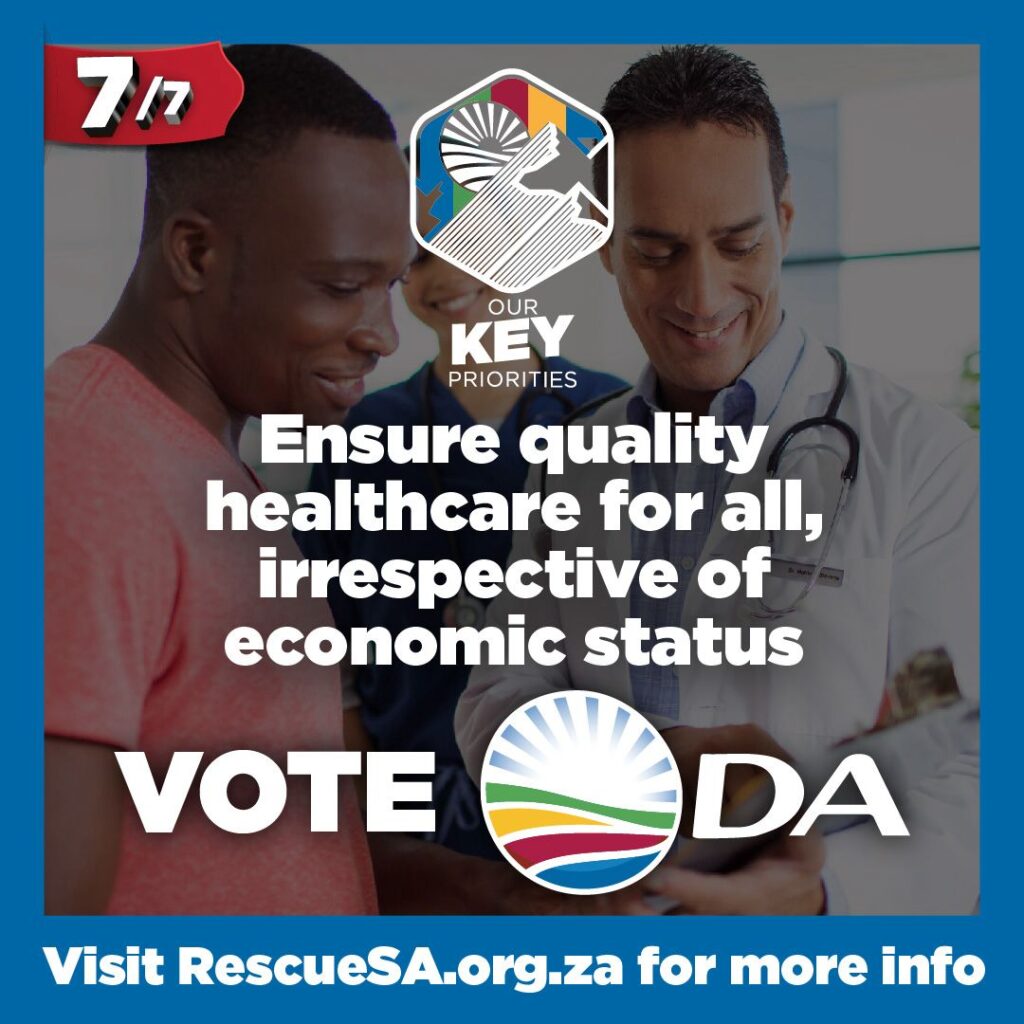The tragic floods that have taken the lives of 85 people in KZN should not be seen in isolation. Together with the drought in the Western Cape, the wildfires on the Garden Route and the intense tropical cyclones Idai and Kenneth that have hit Mozambique, Zimbabwe and Malawi, they are part of a bigger picture of climate breakdown.
They are red flags we ignore at our peril, dots we can’t afford not to join. It is no longer disputed that the growing intensity and frequency of these “natural” disasters is due to the increased levels of carbon in our atmosphere due to our over-reliance on fossil fuels. The resulting greenhouse effect is growing ever stronger, the effects ever more deadly.
The world’s leading climate scientists have warned we humans have only twelve years to avoid catastrophe. We have just a dozen years to limit average global warming to a maximum of 1.5C, beyond which further warming will trigger runaway climate breakdown from which there will be no coming back.
Urgent and unprecedented changes are needed at the systemic level. This is our only choice: change our systems or change our climate. Governments must take the lead in driving the system changes we need – both to minimise climate disruption and to build resilience into our water, energy, food and infrastructure systems.
SA has a massive carbon footprint relative to the size of our economy. This is largely because our electricity system is so reliant on coal, but also because our transport and other systems are so inefficient. There is much we can do to reduce it.
First and foremost, South Africa needs to rapidly move away from our current monopoly energy supply system to a market-based system. Independent power producers including small-scale producers such as households and businesses with solar panels must be allowed to feed power into the grid. And municipalities must be able to purchase power directly from producers.
The DA-run Western Cape government has enabled small-scale producers to generate their own electricity with solar panels in 22 municipalities, and in 18 of those, excess electricity can be sold back to the grid.
South Africa is blessed with much sunshine and good wind conditions, while the cost of renewable generation is plummeting. A diversity of power suppliers and sources would not just make our electricity cheaper and more reliable, but also cleaner, as more producers of renewable energy come on board.
Our transport system also needs a major overhaul. Rail transport is much more energy efficient than road transport and should play a far greater role in moving both passengers and freight. That means appointing honest, capable individuals to head up PRASA, Transnet and Metrorail services, as well as devolving more power to individual metros so that rail systems can be integrated with bus systems on a “single-ticket” basis.
In Cape Town alone, for example, the number of people using rail has dropped from 650 000 to just 250 000 in the past five years, with the result that road congestion and carbon emissions have soared.
Our packaging system must also be overhauled to drastically reduce the amount of carbon emitted. For example, compulsory refunds for glass and plastic containers would ensure that users return them for re-use or recycling.
At the same time as moving to less carbon-intensive systems, we must anticipate climate disruption and disaster and build the necessary resilience into our systems.
Despite three years of drought in the Western Cape, agriculture and agri-processing still managed to create 10 000 jobs since 2015. The provincial government’s online platform, Fruitlook, uses satellites to help farmers to optimise water usage by telling them exactly how much water their crops need. We have mapped 5.7 million hectares of farmland, including the entire fruit-producing area of 220 000 ha. Farmers have reported water savings of up to 30% by using Fruitlook.
We have also introduced a method of “Conservation Agriculture” for wheat farmers, with a 98% take-up in this sector. Wheat production is higher across the board despite the drought.
In both climate mitigation and adaptation, the opportunities to innovate, save, and restore are limitless, exciting and urgent. The imperative to act is not just economic and social but moral, because communities and countries with the lowest carbon emissions pay the highest prices.
Globally and locally, the impact of climate breakdown will be suffered unequally. As is so often the case, the poorest will suffer the most. Poor countries at the tropics will suffer the most severe effects of crop losses, destruction and displacement from changed climate and extreme weather events. Within countries, the poor will suffer more than the rich, who have more buffer against rising food prices and other impacts.
Changing our systems so that we live sustainably on this planet will bring a better and fairer world. In the short time left to us to avoid runaway climate catastrophe, this change can only be brought about by government. On 8 May, a vote for the DA will be a vote for cleaner, more resilient systems.
Warm regards,
Mmusi Maimane
DA Leader
